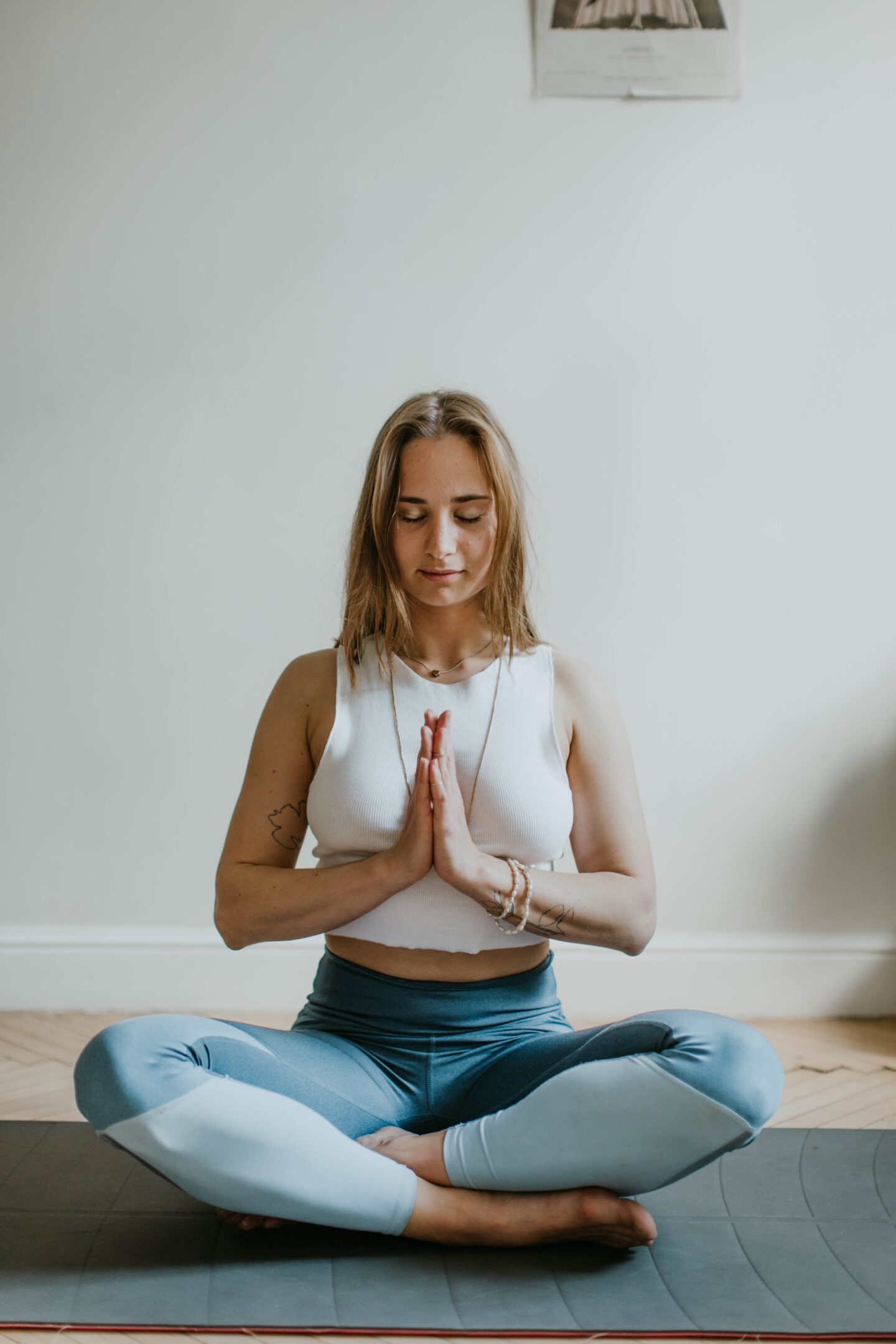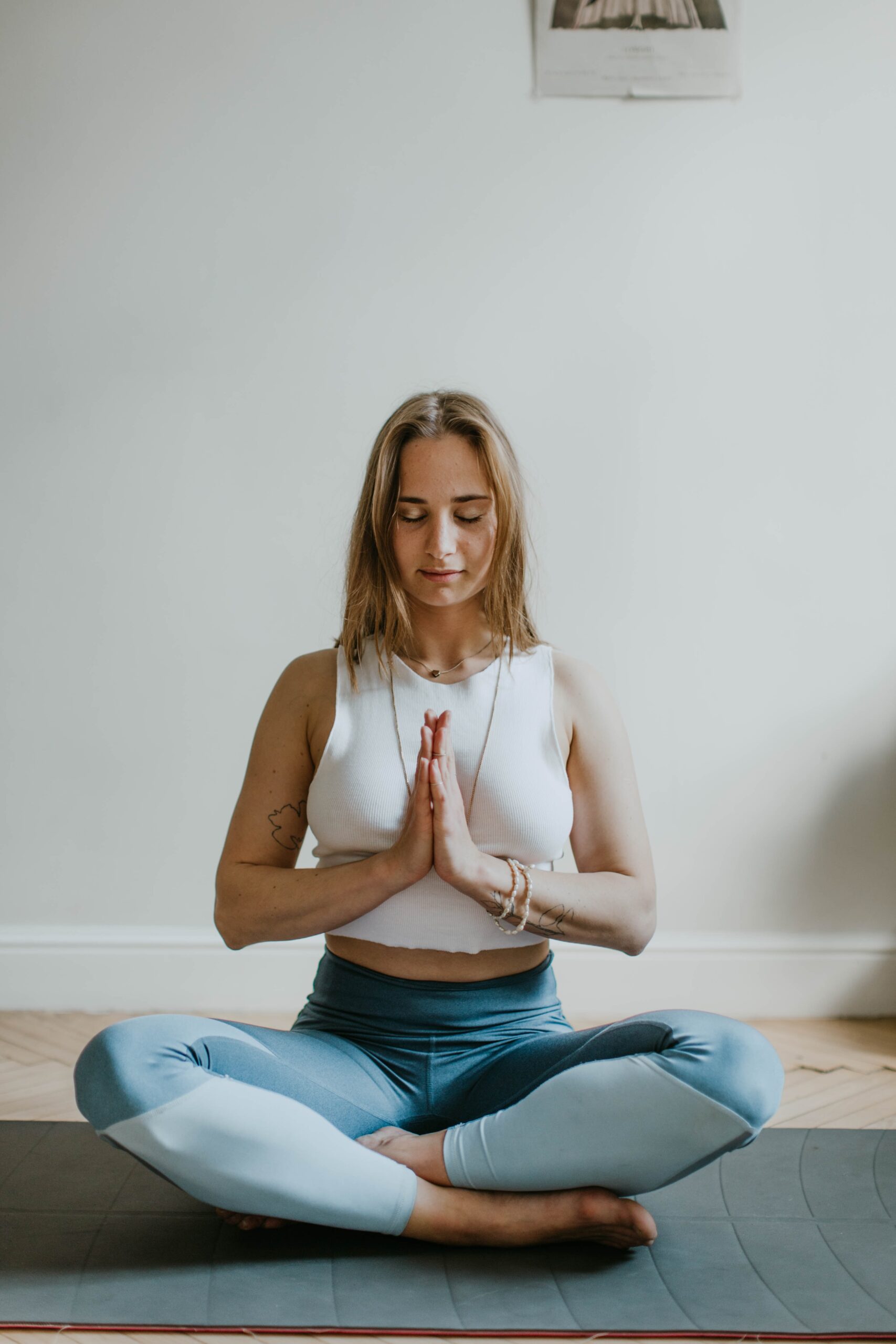Habits are a two-edged sword. Several habits, including regularly exercising and eating well, can be extremely beneficial to our mental and physical health. Other behaviours, such as continuously checking our phones or mindlessly munching on snacks, might be harmful to our health. Breaking free from these unhealthy patterns can be challenging, but it's not impossible. With the right strategies and mindset, anyone can develop new, healthier habits that stick. In this article, we'll look at several basic habit hacks that can help you break free from bad habits and build new ones that will lead to a better, healthier existence. Whether you want to break a bad habit or start a new one, these habit hacks can help you get there. So, let's get started!

Create A Plan
Creating a plan is a crucial step in breaking free from unhealthy patterns. A well-defined plan increases your chances of sticking to it and achieving your goals. Start by identifying the specific habit you want to break. Once you have identified the habit, take some time to reflect on why you engage in this behaviour. Understanding the root cause of the habit is essential for creating a plan that will work for you. Are you using the habit as a coping mechanism for stress or anxiety? Or is it simply a habit you have developed over time?
Next, set a clear and specific goal for breaking the habit. Make sure your goal is achievable and measurable. For example, if your habit is smoking, your goal could be to quit smoking completely within six months. It's important to break down your goal into smaller, more manageable steps. This will help you stay motivated and track your progress. Once you have set your goal, create a plan for achieving it. This plan should include specific actions you will take to break the habit. For example, if your habit is binge eating, your plan could include meal planning, seeking support from a therapist or nutritionist, and finding healthy ways to cope with stress.
Utilise Tools To Replace Habits
One of the most effective ways to break free from unhealthy habits is to utilise tools that can help replace those habits with healthier alternatives. For example, if someone is trying to quit smoking, they can use a vape pen as a tool to help them transition away from traditional cigarettes. Vape pens are a popular alternative to smoking as they provide a similar experience without the harmful chemicals found in tobacco, such as this selection from Grey Haze.
Know Your Triggers
One of the most crucial things you can do when you're looking to break is to identify your triggers. What factors contribute to your relapse into harmful patterns? Is it anxiety, stress, boredom, or something else? Once you've identified your triggers, you can take action to avoid or control them. If stress is a trigger for you, for example, you can try meditation or deep breathing exercises to help you relax and reduce your stress levels. If boredom is a trigger, try new hobbies or activities to keep yourself busy and involved. By identifying your triggers and finding healthy ways to manage them, you can break free from those unhealthy patterns and create new, positive habits.
Prepare For Slipups
Slipups are bound to happen, and it's important to have a plan in place for when they do. Preparing for slipups means anticipating the obstacles that might get in the way of your new habit and planning accordingly. For example, if your unhealthy habit is eating junk food, prepare by stocking your pantry with healthy snacks and meal prep for the week ahead. If you know you're prone to skipping workouts, schedule your exercise routine and make it a non-negotiable part of your day. Another way to prepare for slipups is to have a support system in place. Surround yourself with people who will encourage and motivate you to stick to your new habit. Join a fitness class, a support group, or even find an accountability buddy to help keep you on track.
Practice Self-Care
One effective method to break free from unhealthy patterns is to practice self-care. Practising self-care requires commitment and consistency. One way to start practising self-care is by setting aside time each day to do something that makes you feel good. It might be as simple as taking a relaxing bath, going for a stroll, or reading a book. These activities can help you unwind and reduce stress levels, which can lead to better mental health. The more we practice self-care, the more we become conscious of our habits and choices.
Reward Yourself
When you reward yourself, you create a positive association with the behaviour you want to change. For example, if you're trying to quit smoking, you could treat yourself to a massage or a nice dinner every time you go a week without smoking. This positive reinforcement helps to rewire your brain and makes it easier to break the addiction. The key to using rewards is to make them meaningful and something that you genuinely enjoy.





